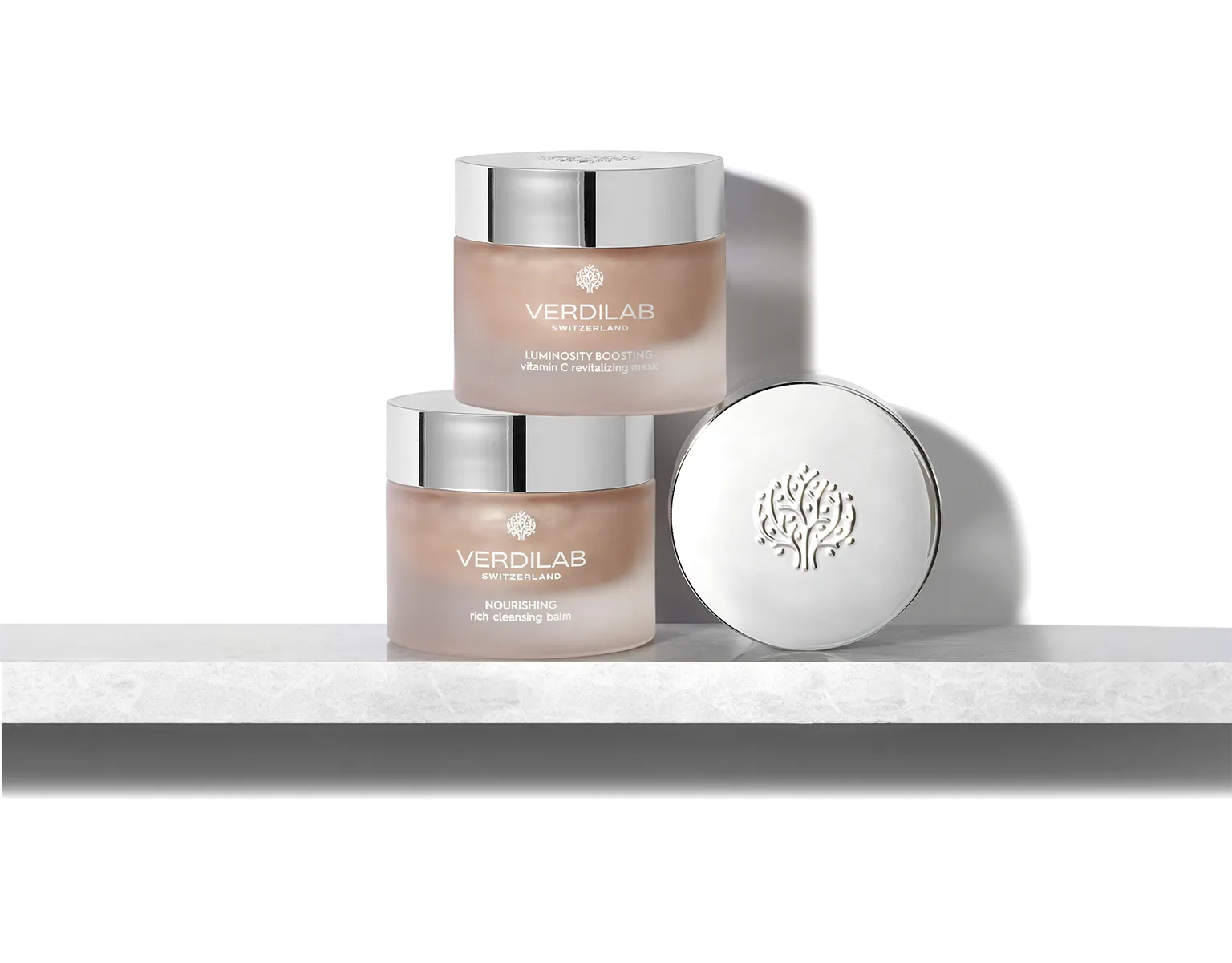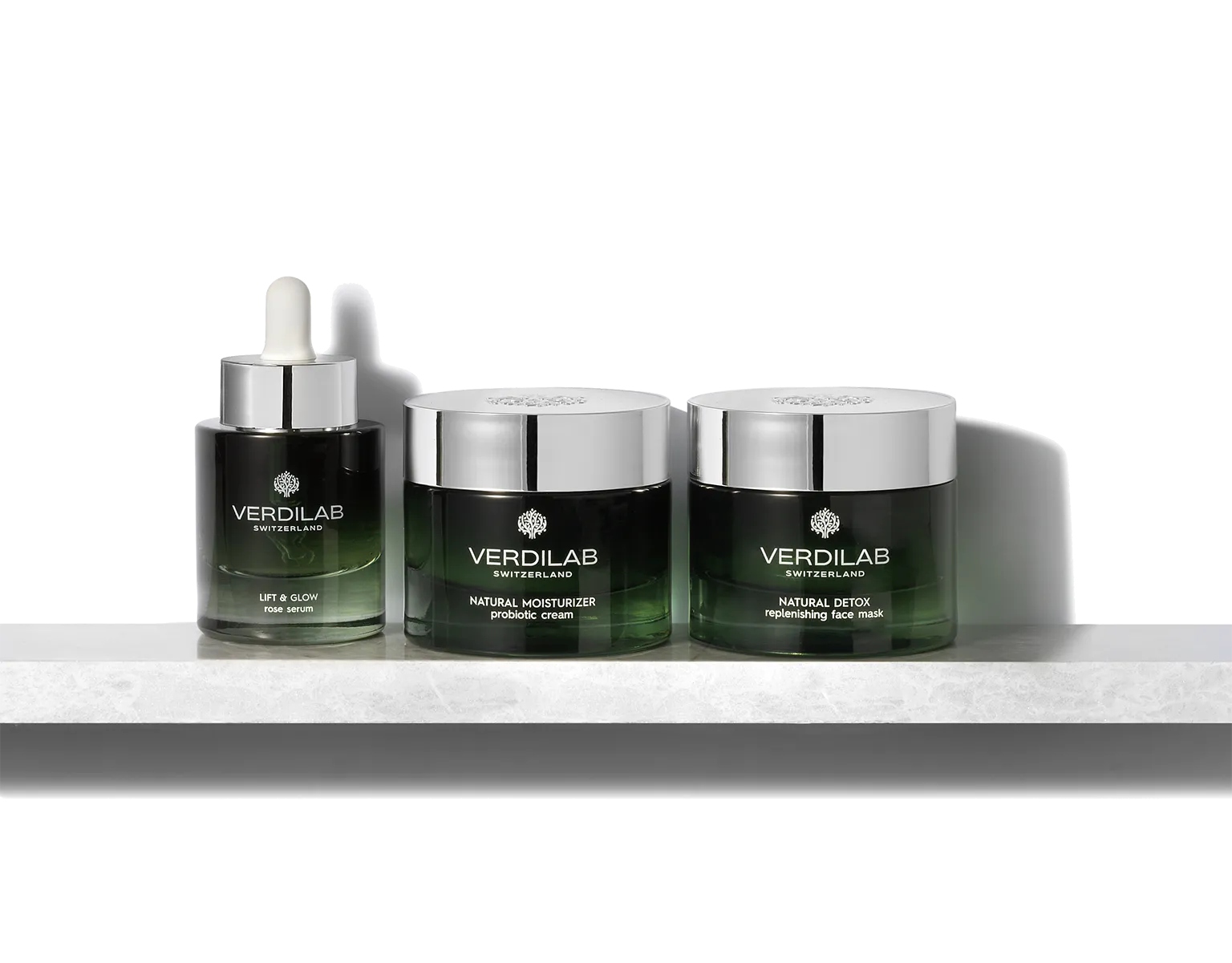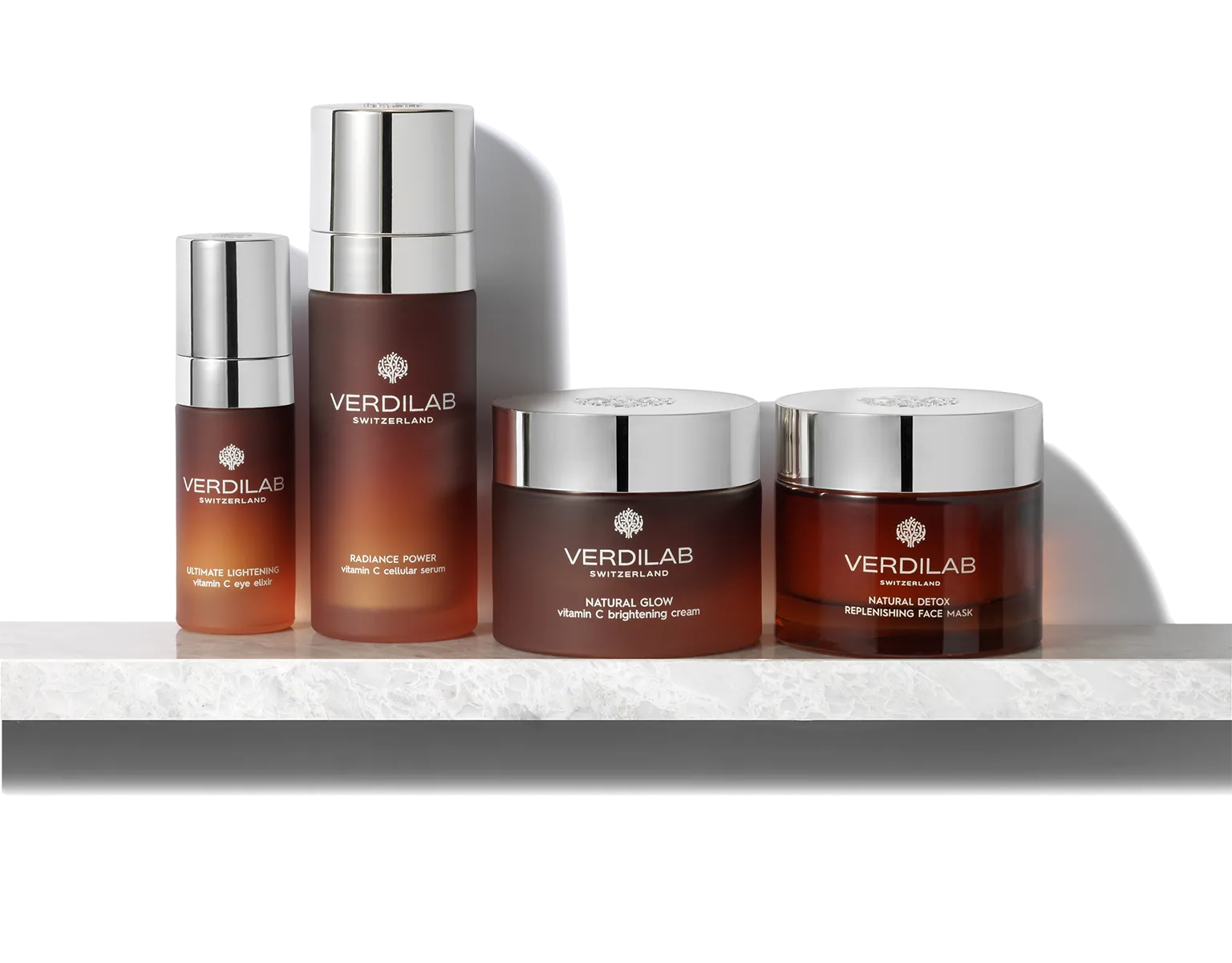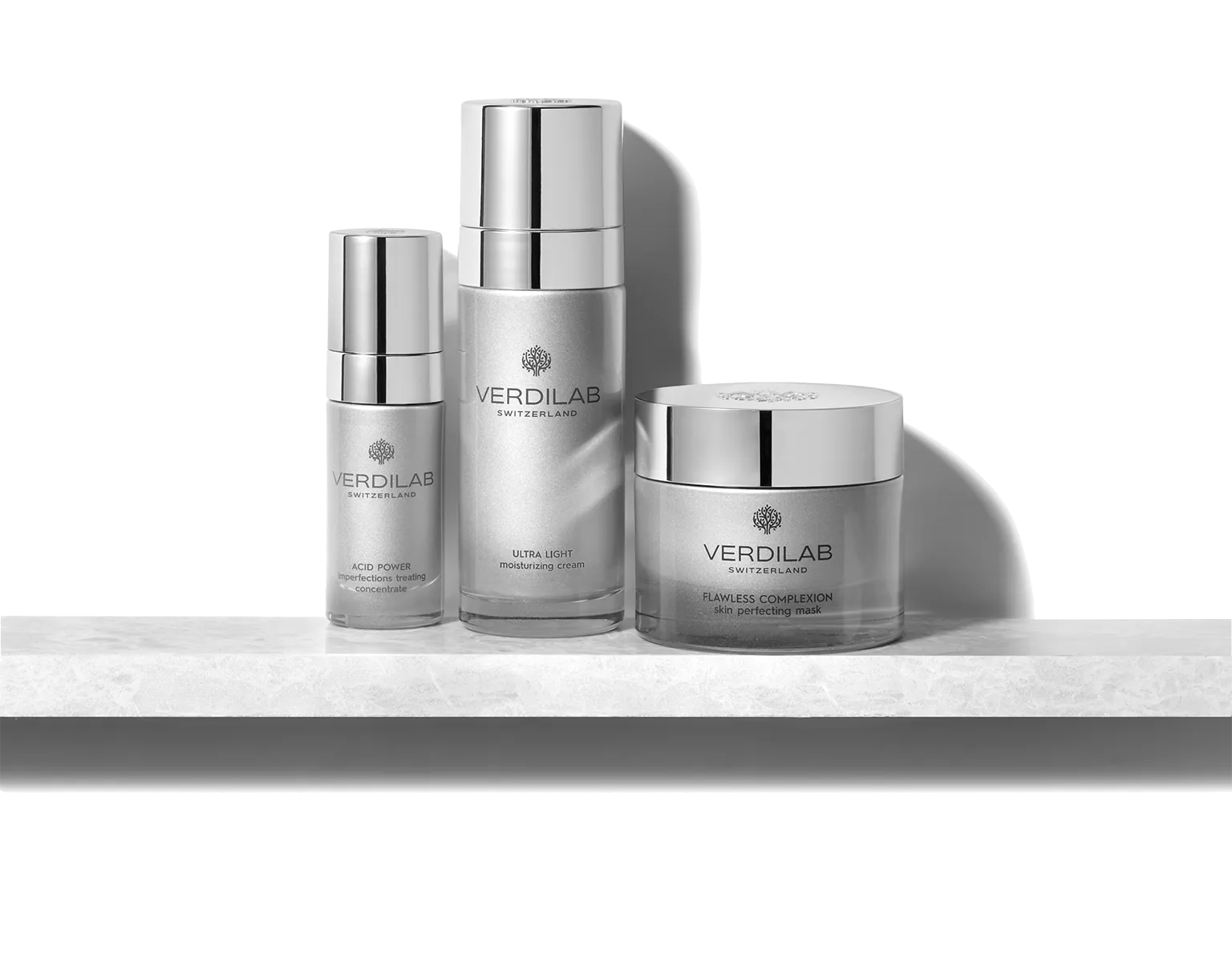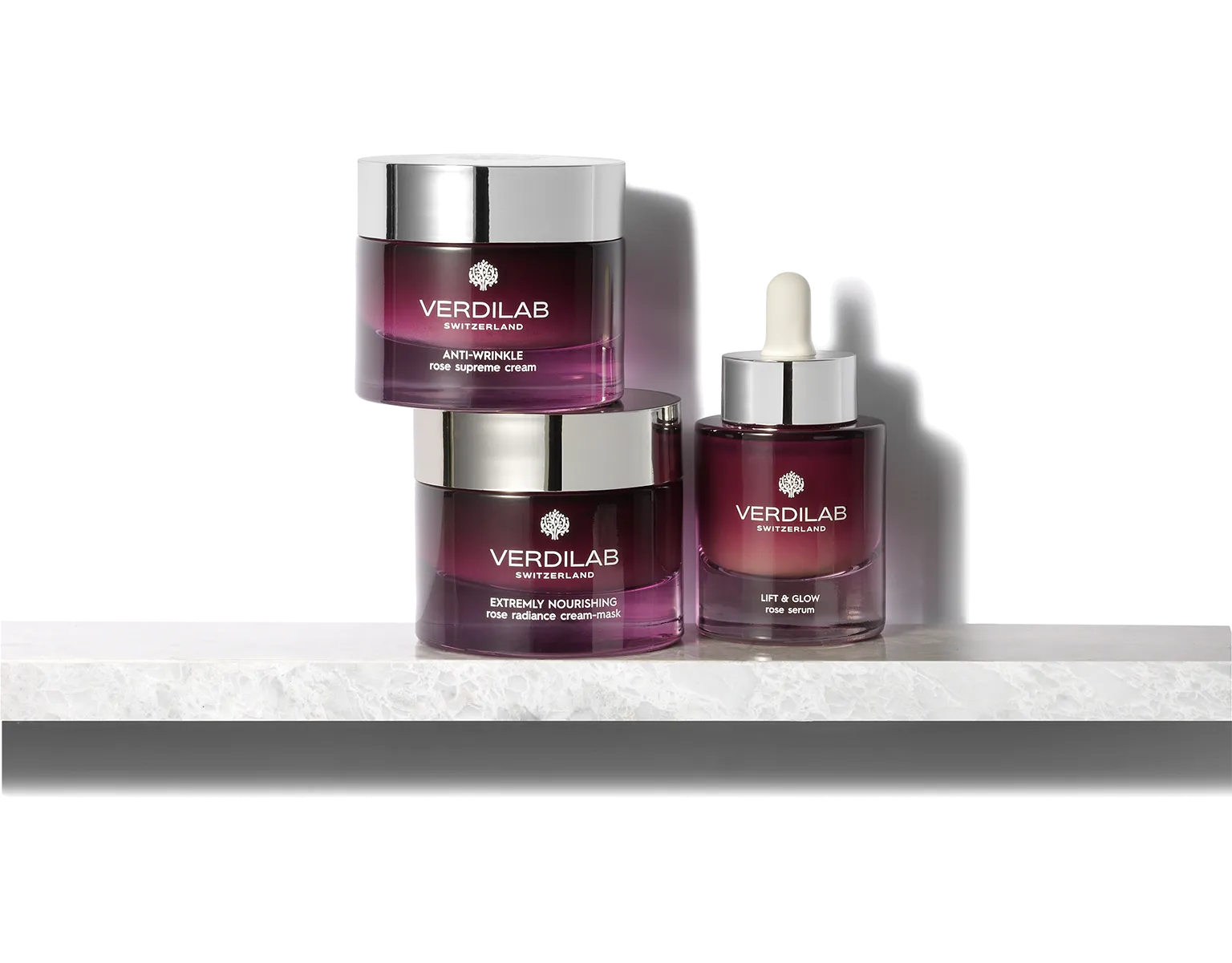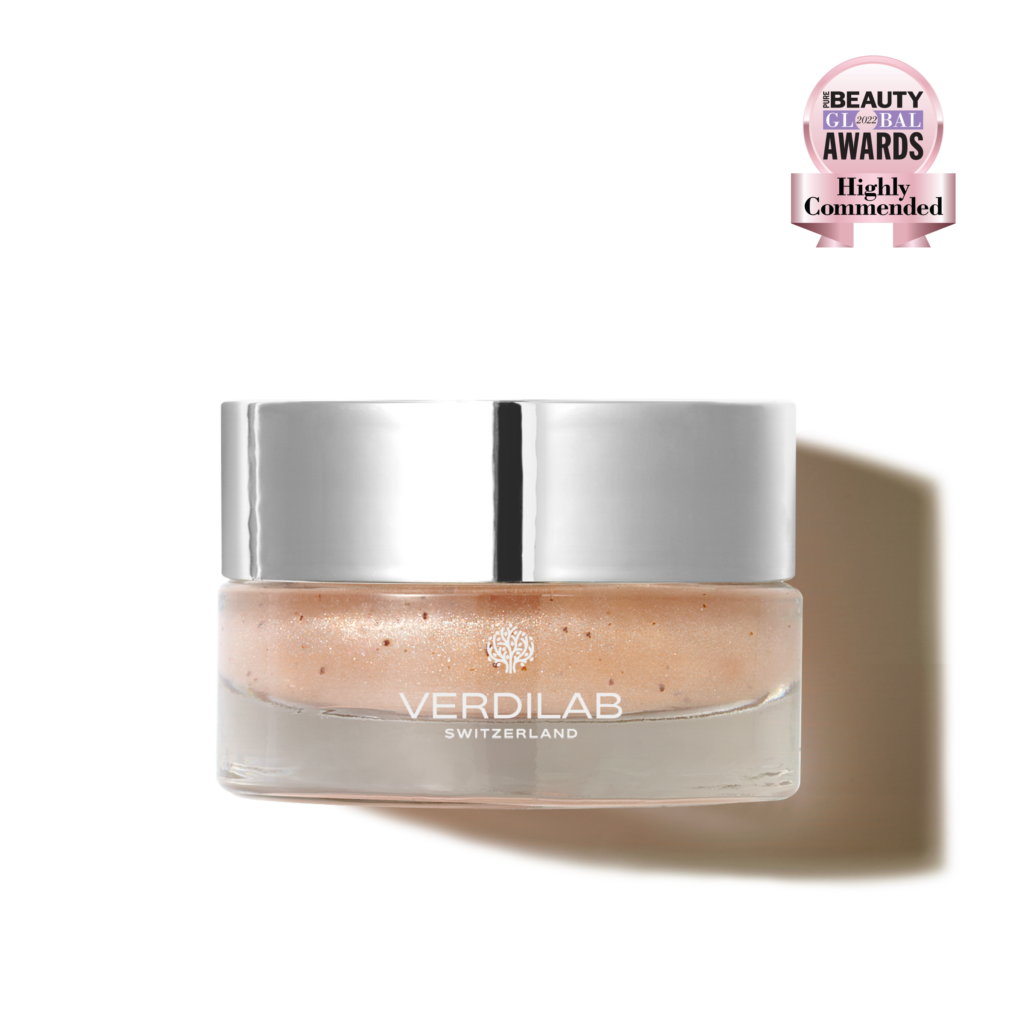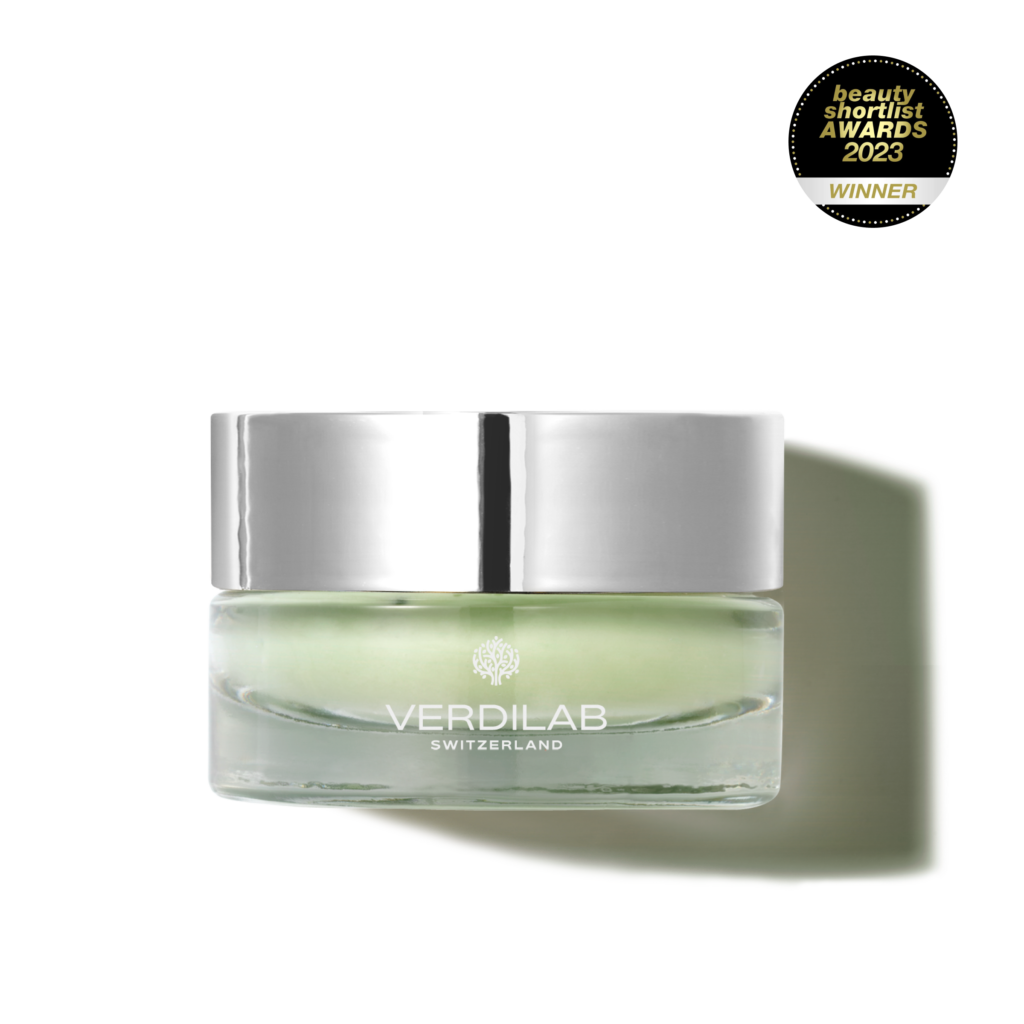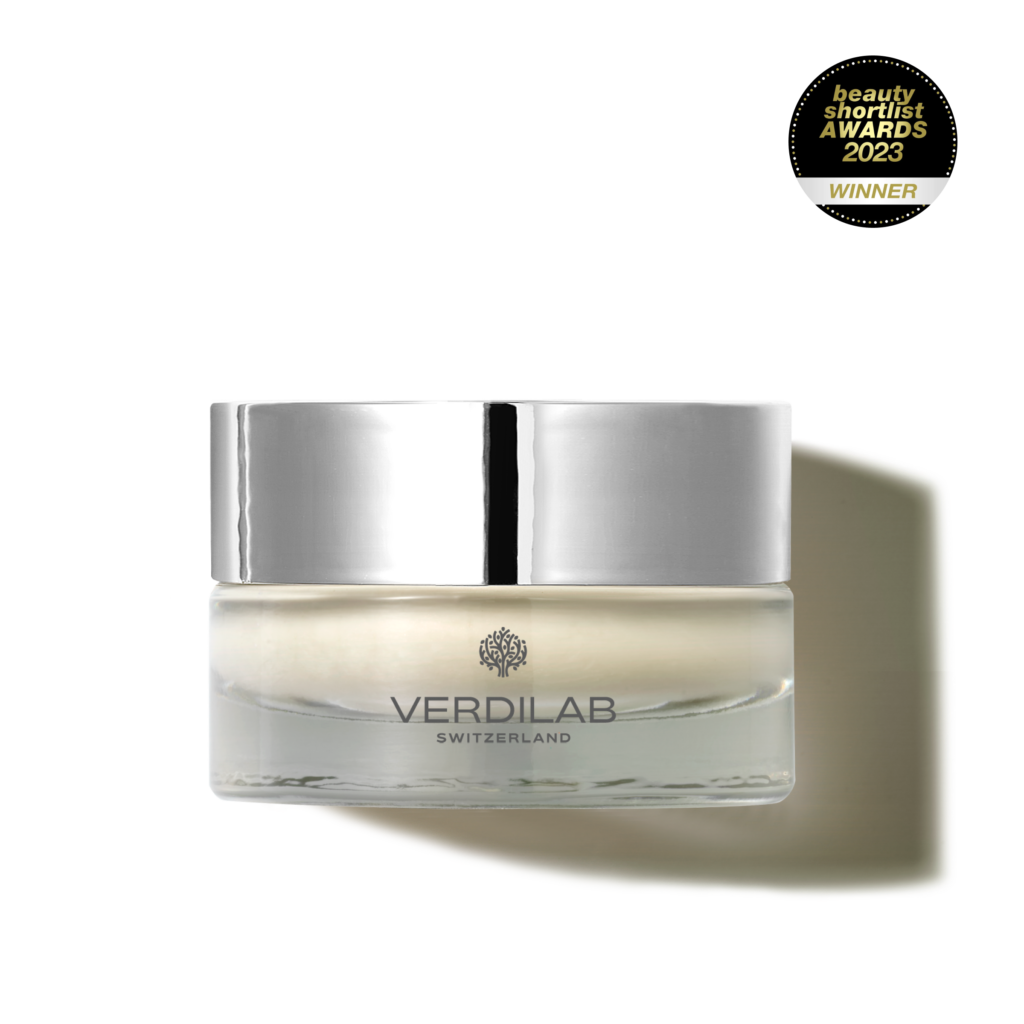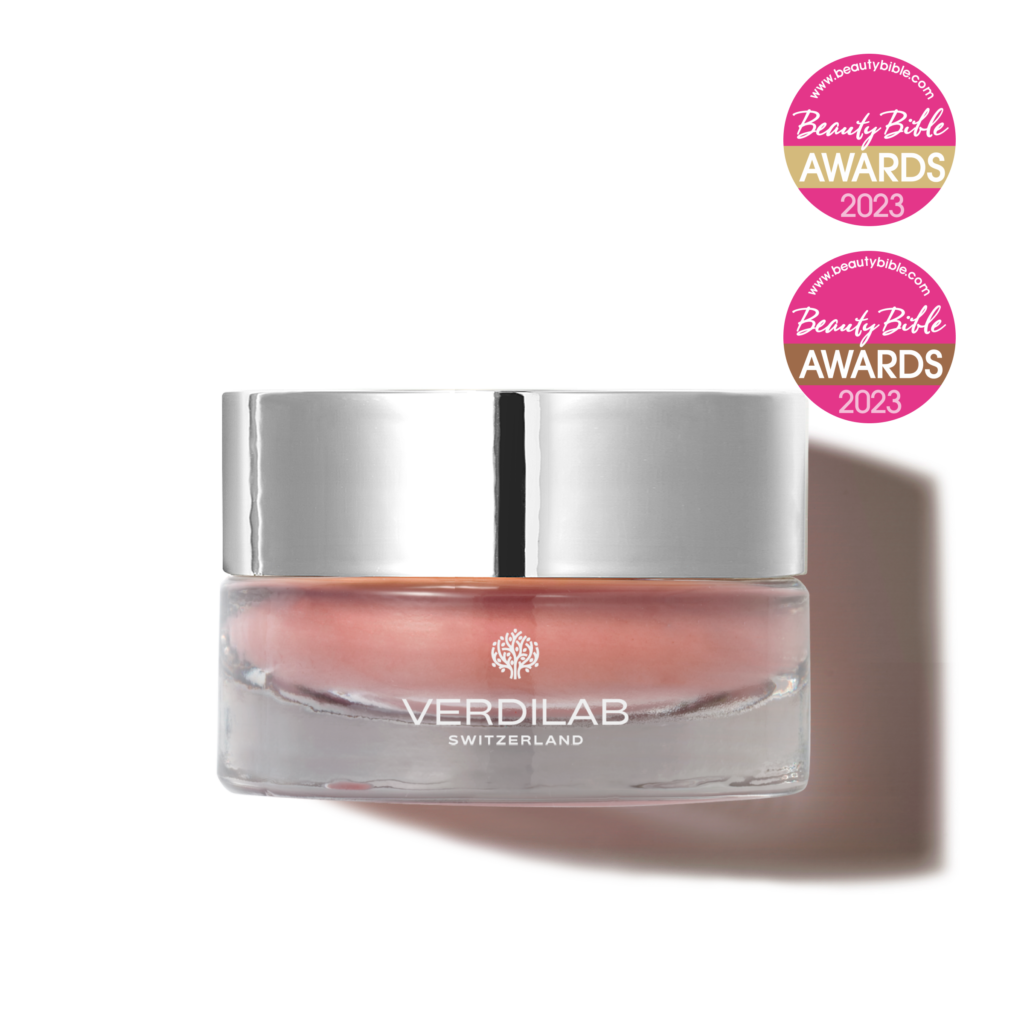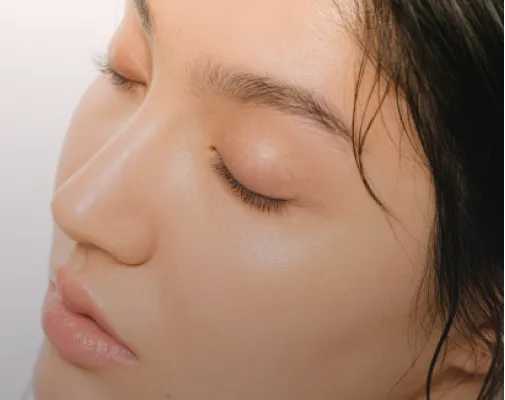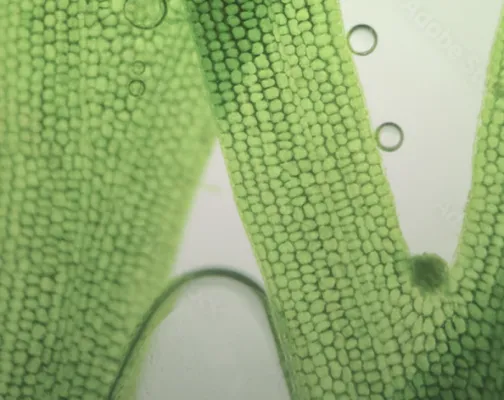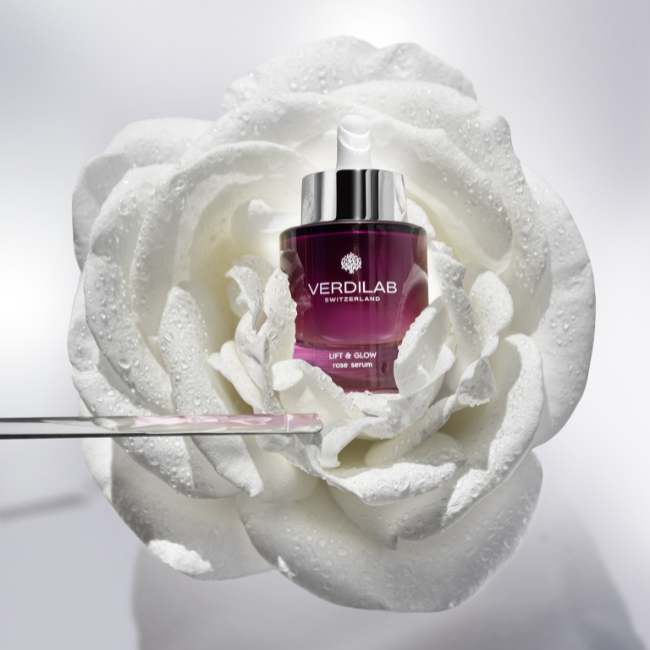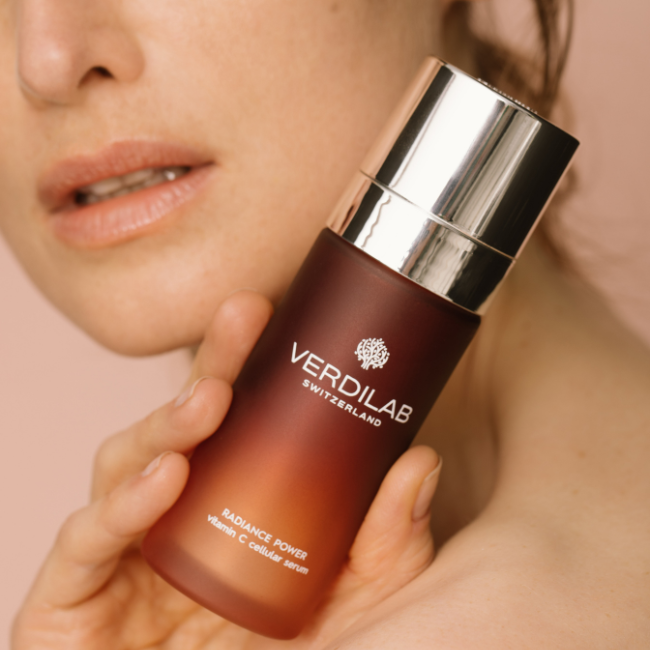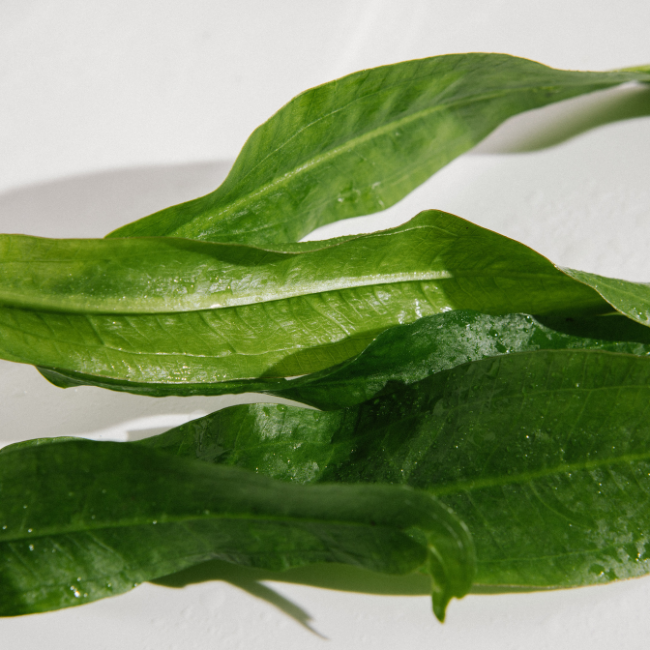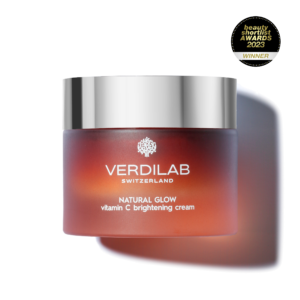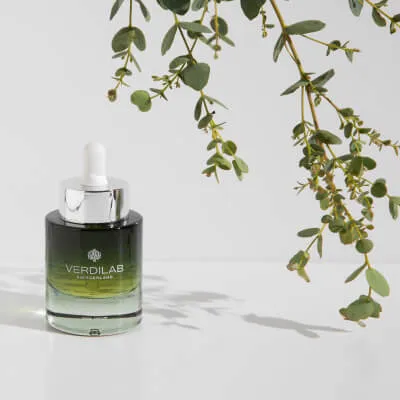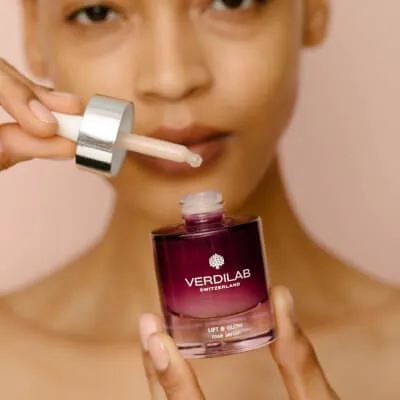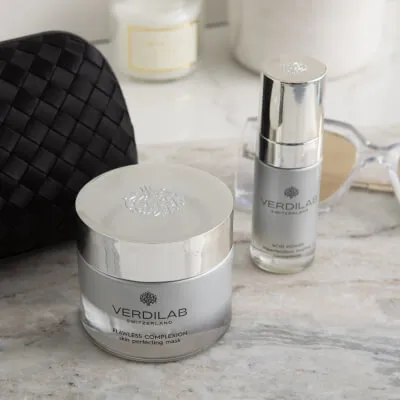- A Healthy Diet Translates to Healthy Skin
- How Skin Health is Linked to a Proper Diet
- Establishing Good Eating Habits
- What About Nutrition in Skin Care Products?
- Is There Anything You Shouldn’t Eat?
- Are There Foods That Fight Acne?
- It’s Not Just What You Eat, But How You Eat It
- Nutrients with Anti-Aging Properties
- FAQs
- The Takeaways
Skin care is an important part of our lives. We all want to take care of it, so it stays healthy, youthful and glowing. But have you ever considered what role nutrition plays in skin care? Or what are some good foods for your skin? If you’re interested in improving the appearance of your skin, then this article will help answer how to do that and more.
A Healthy Diet Translates to Healthy Skin
It turns out, nutrition plays a major role in how healthy your skin is, and one of the additional yet important ways you can take care of it is by eating a healthy diet. Read on to find out more about what nutrition can do for your skin and why.
The Link Between Eating Right and Skin Aging
One of the most visible signs of aging is skin that starts to look wrinkled, dry, and saggy. You may think that these changes are simply a result of getting older, but they can also be caused by poor nutrition.
When you don’t eat enough fruits and vegetables, your body doesn’t have the nutrients it needs to produce collagen and elastin, which are proteins that give your skin its elasticity and structure.
These two substances start to decline when you reach the age of 25, with a faster rate of decline for smokers than non-smokers. Smoking is linked to increased signs of aging for several reasons, mainly because it deprives the body of oxygen, resulting in less healthy skin.
How Skin Health is Linked to a Proper Diet
Numerous studies show that what you eat has a significant impact on the health of your skin. For instance, experts once scoffed that eating fast food and sugary pastries cause acne breakouts, even though there was plenty of anecdotal evidence (witness accounts) to the contrary. Do we have any source of that ?
Flash forward to today, and there are now studies that show people who consume a diet high in processed foods and sugar are more likely to have acne than those who eat a healthier diet.
Those results weren’t just for the hormonal teen years either, and some studies show that a diet of processed foods and sugar causes acne flare-ups in adults too.
Aside from eating right, eating in moderation may be one of the keys to beautiful skin. A study published in the MDPI journal showed that participants who followed a lower calorie diet had better skin elasticity than those who followed a higher caloric intake, although the scientists involved indicated that more research is needed to be conclusive.
Maintaining Proper Nutrition Levels
It’s no secret that poor nutrition can affect your overall health, including how well your skin ages. Maintaining proper nutrition levels by eating the right kind of foods, on the other hand, boosts the health of your skin.
Establishing Good Eating Habits
As mentioned, the best way to maintain good skin health is by maintaining a healthy diet. When you eat foods high in antioxidants, omega-rich fatty acids, and protein — all of which promote collagen production—you keep your body’s natural ability to produce elastin intact while also improving the appearance of fine lines and wrinkles.
The Role Antioxidants Play in Skin Aging
Food-borne antioxidants may slow down skin aging, and participants in studies show that those who eat more of specific types of fruits and vegetables see their dull complexions and fine lines improve more than those who didn’t eat them.
Antioxidants are important for healthy skin because they destroy free radicals before they can damage cells. Free radicals are unstable molecules that form as a natural byproduct of oxidation, and they can cause skin aging, wrinkles and even cancer.
So, if you want to keep your skin looking young and healthy, make sure you’re eating plenty of fruits and vegetables. Not only will you be getting the nutrients your body needs to maintain healthy skin, but you’ll also be helping the environment by reducing your carbon footprint.
What About Nutrition in Skin Care Products?
Many skin care products you apply topically contain nutrients that mimic what you get from eating the right foods. For instance, serums and moisturizers may contain nutrients such as vitamin C or hyaluronic acid to plump up skin cells, helping them retain moisture while promoting collagen production for a more youthful appearance.
However, do these nutrients actually do any good for your skin when applied topically? Yes, the vitamin C found in skincare products — especially those used on delicate areas around the eyes—can help protect skin cells from more damaging free radicals. Why around the eyes area? It works generally on the skin if we use stable forms.
How Does Vitamin C Applied Topically Work?
The process is similar to vitamin C being absorbed by the digestive system after eating it. We’ll give you an example of how this works with VERDILAB’s RADIANCE POWER Vitamin C Cellular Serum.
Vitamin C is fragile, unstable and easily oxidized, and VERDILABS only uses its stable, natural form of Ascorbyl Glucoside in our Vitamin C Cellular Serum. When you apply this serum to the skin, it penetrates skin cells. Then, enzymes in the cell walls convert the Ascorbyl Glucoside into vitamin C your body can process.
VERDILAB RADIANCE POWER Vitamin C Cellular Serum is scientifically proven to have excellent antioxidant properties. So, that means you can eat a healthy diet of antioxidant-rich foods while also applying a topical serum or moisturizers that contain nutrients like vitamin C.
Is There Anything You Shouldn’t Eat?
While plenty of healthy foods can help you maintain good skin health, some things should be avoided because they trigger inflammation and irritation—two factors that worsen your skin’s appearance.
Sugar is particularly bad because studies show it accelerates the aging of the skin in a process known as glycation. In this process, sugar promotes the cross-linking of collagen fibers needed to maintain connective tissue elasticity.
Foods that may be able to inhibit the production of advanced glycation end products (AGEs) include herbs and spices, such as cinnamon, oregano, cloves, garlic and ginger, as well as lipoic acid that is found naturally in some fruits and vegetables.
Other foods that should be avoided if you want healthy skin and a healthy body include those found in a Western Pattern Diet, which includes red meat, salt, processed foods, high-fat dairy products, high-sugar foods, and pre-packaged foods that increase the risk of chronic illness
If you are struggling with acne, research suggests that you should avoid those found in the Western pattern diet. The same study indicated that foods such as french fries, milk chocolate and sugary drinks were among the food culprits that increased acne risk the most.
What about Mediterranean Patter Diet? We have customers form Italy, Spain… Can we get some hints them as well?
Also, some studies suggest that drinking milk, particularly low-fat dairy, can cause adult acne. So, instead it’s better to drink dairy replacements like soy milk or almond milk.
Are There Foods That Fight Acne?
Yes, and if you’re looking for ways to naturally improve your skin’s health, make sure you’re eating plenty of healthy fruits and vegetables. Because when you do, your body doesn’t have the same level of acne-causing chemicals, which translates to fewer breakouts. Some to include in your diet are:
- Vegetables like carrots, broccoli and kale.
- Fruits like strawberries, blackberries, blueberries and watermelon.
- Super lean proteins like chicken, white-fleshed fish and plain Greek yogurt.
- Healthy fats like olive and avocado olive oil.
- Probiotics that contain
- What about probiotics ?
It’s Not Just What You Eat, But How You Eat It
The takeaway in the previous section is if you’re looking for ways to improve your skin’s health naturally, make sure you’re eating plenty of healthy fruits and vegetables. However, you can also try making some very simple changes in the way that you eat since how you eat your food can also have an impact on your skin.
For example, when you’re stressed, your body releases cortisol, a stress hormone that can wreak havoc on your skin. Eating a healthy diet can help reduce the amount of cortisol in your body and keep your skin looking its best.
So, instead of eating on the go or while you’re doing something else like watching television — which can be really bad for your digestion and encourages binge eating — try focusing on your food so that it becomes a calming part of your day rather than an inconvenience. Eating mindfully is linked to lower stress levels and better mental health overall, which means you’ll feel more at peace and relaxed.
Low-Glycemic Foods May Lead to Fewer Pimples
Numerous research shows a link between high-glycemic foods and pimples. The reason? These foods cause blood sugar levels to spike, which can lead to inflammation and acne breakouts. And since a low-glycemic diet may lead to fewer pimples, try building your diet around the following foods:
- Bread like whole grain, multigrain, rye, sourdough
- Breakfast cereals like rolled and steel-cut oatmeal and oat bran
- Fruits like apples, apricots, strawberries, plums, pears, kiwi and tomatoes.
- Vegetables like celery, carrots, broccoli, cauliflower, celery and zucchini.
- Starchy vegetables like orange-skinned sweet potatoes, yams and winter squash.
- Legumes like kidney beans, lentils, chickpeas, and butter beans.
- Rice like basmati, brown rice and Doongara.
- Grains like buckwheat, quinoa, barley and pearl couscous.
Nutrients with Anti-Aging Properties
The following anti-aging nutrients can help keep your skin looking its best:
Beta Carotene
Your body converts beta carotene to vitamin A, and it’s essential for healthy skin. One of the best sources of beta carotene is dark leafy greens like kale and spinach. Anti-aging properties of beta carotene include protection against UV damage, which is why it’s often added to skincare products.
Biotin
Biotin is a water-soluble vitamin and retinoid that’s part of the B complex. It helps your body metabolize food and turn it into energy, which is why it’s often recommended for people who are trying to lose weight. But biotin is also important for healthy skin because it helps keep lines and wrinkles away by producing the collagen that is responsible for keeping skin looking young. Good sources of biotin include nuts, seeds, legumes and eggs.
Vitamin C
If you’re looking for a natural skincare routine that offers anti-aging benefits, vitamin C may be the answer. It boosts collagen production and can help fade dark spots caused by sun exposure or acne breakouts. Vitamin C also creates a more even skin tone and reduces the appearance of fine lines. You get it from fruits and vegetables like guava, oranges, grapes, strawberries and broccoli.
Vitamin E
Another vitamin that’s beneficial for your skin is vitamin E. It helps protect the skin from sun damage and pollution, and it can also reduce the appearance of scars. It also helps keep your skin moisturized, and you can find it in foods like almonds, hazelnuts, spinach, and avocado.
Lycopene
Lycopene is a carotenoid that gives tomatoes their red color. It’s another antioxidant that’s beneficial for your skin, and it can help protect against sun damage and reduce the signs of aging. You can find lycopene in other fruits and vegetables like watermelon, pink grapefruit and guava. What about tomatoes?
Omega-3 Fatty Acids
Omega-3 Fatty Acids are important nutrients for healthy skin because they keep cells hydrated and protect them from free radical damage. Omega-3 fatty acids are found in food sources like salmon, flaxseeds, walnuts and chia seeds.
Polyphenols in Tea
Tea is a rich source of polyphenols, which are antioxidants that help protect cells from damage. Polyphenols also have anti-inflammatory properties, making them beneficial for skin health. Tea contains different types of polyphenols, so it’s important to drink several cups per day to get the most benefit. Some teas that are high in polyphenols include pomegranate, green and white tea.
Selenium
Selenium is an antioxidant mineral that’s vital for skin health. It reduces the appearance of fine lines and wrinkles by promoting collagen production to keep your skin firm, smooth and tight. Selenium also protects cells from damage caused by free radicals in the environment, so it can help prevent age-related signs like sunspots. You can get selenium from asparagus, clams and Brazil nuts.
Vitamin D
Your body needs vitamin D to absorb calcium, and it’s important for maintaining healthy bones and teeth. But new research suggests that vitamin D is also beneficial for skin health. It helps protect the skin from sun damage, reduces inflammation, and can even help treat acne. You can get your daily dose of vitamin D from the sun or by eating foods like salmon, eggs.
Zinc
Last but not least, zinc is important for clear skin. The mineral helps reduce inflammation and sebum production, which can lead to fewer breakouts. In addition, it helps keep cells functioning properly and repairs damage caused by the sun and other environmental factors. You can get zinc from foods like oysters, we are Vegan brand!
FAQs
Here are some of the common questions we get asked by our customers.
Q: Does diet really affect your complexion?
Yes, the foods you eat can have a positive or negative effect on your skin health. Eating a balanced diet with plenty of fruits and vegetables is one of the best ways to ensure that your skin gets the nutrients it needs.
What are some good nutrients for luminous skin?
Some good nutrients for luminous skin include vitamin C, vitamin E, lycopene, omega-3 fatty acids, polyphenols in tea, selenium and zinc. All of these nutrients offer anti-aging benefits and can help keep your skin looking young and healthy.
What foods should I stay away from if I want clear skin?
If you want clear skin, then it’s best to avoid foods that are high in sugar or simple carbohydrates.
How does diet affect skin aging?
Some foods, especially, like those in a Western Pattern Diet, should be avoided because they trigger inflammation and irritation—two factors that worsen your skin’s appearance.
Can I see results from a good diet overnight?
No, you won’t see results from your diet overnight. It takes time for the nutrients to work their way down to the cellular level and improve your skin health. But with patience and a healthy diet, you will see a noticeable difference in the appearance of your skin over time.
What else can I do for my skin besides eating right?
You can improve your skin health by drinking plenty of water, wearing sunscreen and using gentle skin care products like the ones at VERDILAB.
The Takeaways
As you can see, nutrition is one of the most crucial factors for healthy, radiant skin. If you want to see a difference in your complexion and maintain clear, glowing, youthful skin for years to come, it’s important that you do things like maintaining healthy eating habits, managing your stress, eliminating bad habits like smoking and drinking plenty of water. It also helps to use gentle, all-natural skincare products like those from VERDILAB in your skincare regimen.
